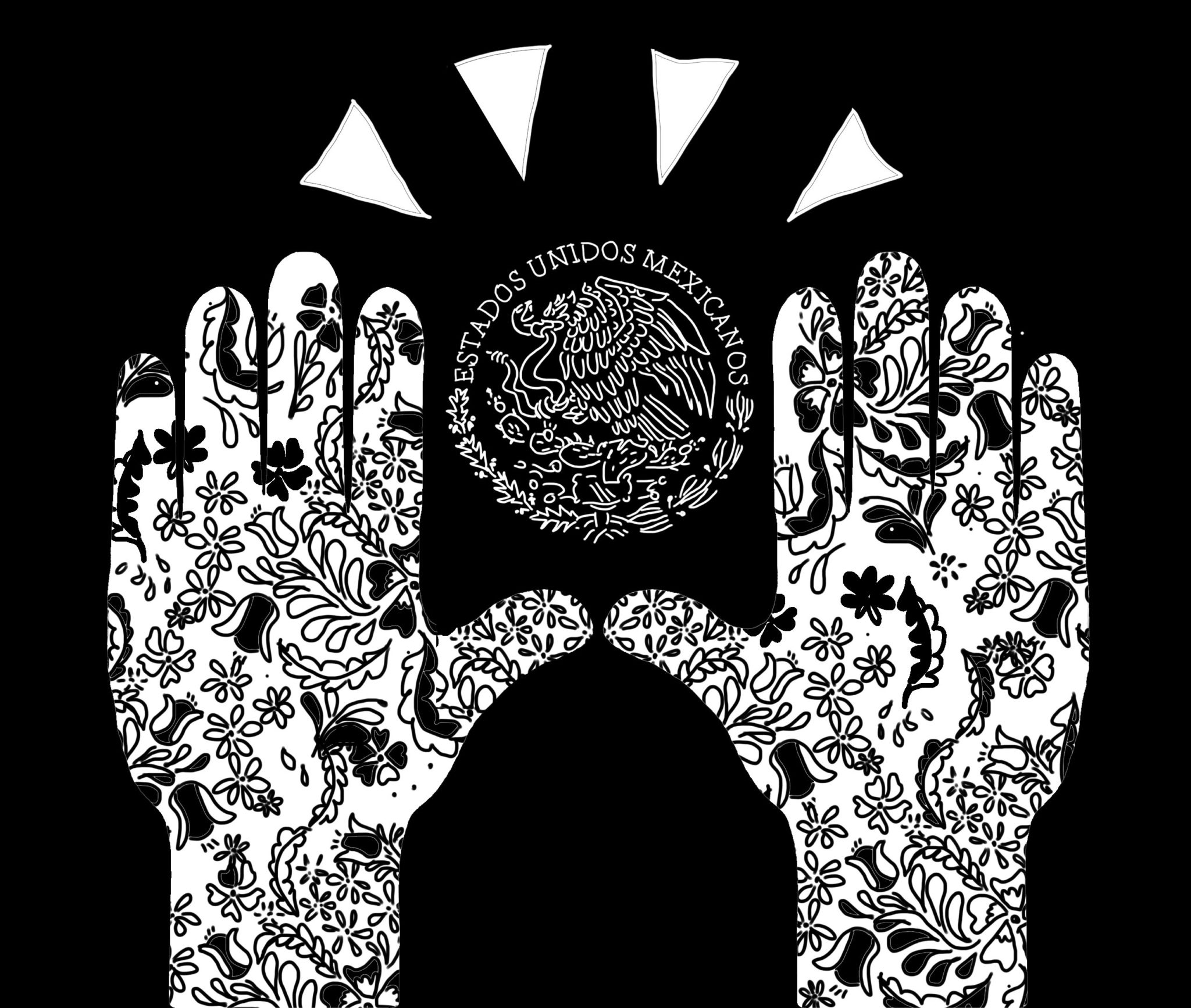
Mexico: my place of birth, but somewhere I never really considered home. Perhaps justifiably so, as I only spent the first six months of my life there. Nevertheless, my parents raised me in a Spanish speaking household that stayed well connected to Mexican culture. But living in the U.S. unavoidably transformed our lifestyle. Christmas was celebrated in a large fashion while “El Dia de Los Reyes Magos” was remembered by the occasional purchase of a “rosca,”a traditional holiday bread.
Despite our household’s slight Americanization, my parents reminded us to not forget our roots. Mexico, no matter what, flowed in our blood, and we should never shy away from it. To be fair, I never did find shame in being Mexican, but at times I did feel distanced from the culture. I did not agree with its machismo and various other aspects, but still remembered my roots.
At times, my loose connection to my homeland frustrated my parents at dinner table discussions. They would taunt me by asking if I had suddenly become white, to feel that American. To their disappointment, I would let them know that though I was proud of being from Mexico, I felt my only true home was the United States. But these first couple of months at Yale have shown me that I was perhaps wrong about my identity, or at the very least, wrong about the magnitude of my identification with Mexican culture.
Since I have stepped on campus, I’ve noted that not many people here look like me or share my background. Suddenly, the culture my parents taught me was gone. Gone along with the dishes I grew up with. Gone with the cumbia music I woke up to Sunday mornings. I never noticed how much of this was important to me until now. I had to save myself from losing my heritage, so I took up the culture and embraced it more than ever.
A couple of weeks into Yale, I hung up a Mexican flag above my desk in my suite’s common room. Below the flag sits a small Virgen de Guadalupe that my mother gave me before coming here. Next to the religious statue, a copy of Carlos Muñoz’s book Youth, Identity, Power: The Chicano Movement is vertically placed. These objects have taken on a new meaning, one that links me back to my culture, which had long been relegated to a position below that of the United States. My studies at Yale so far have helped me better understand the history of Mexico and find in it intriguing aspects that bring me closer to finding beauty in my nation of birth.
Whether learning about US-Mexico border relations or the Mexican artistic renaissance of the early 1900s, Yale has only given me more reasons to uncover my heritage. Somehow this knowledge and experience has given me the impression that I am accompanied by more compatriots here then there really are. It’s the reason why, when appropriate, I try to speak Spanish whenever possible. It’s the reason I wear my Mexico soccer team jersey proudly around campus even when there isn’t a game. And when there is a game, it’s the reason I sing along to the Mexican national anthem at the start of the match.
Yet, that does not mean I have to completely get rid of my American identity. I’ve come to terms with myself and realized that there is no need to choose one country over the other. My national identity should not be an “us versus them” issue. I am a proud Mexican but also a proud American. It just happens to be that the new environment I find myself in has made me appreciate how much my Mexican background is an essential part of me. I was very much determined to no longer be caught in the crossfire of being Mexican and loving the U.S.
So next time you are around Vanderbilt Hall and hear mariachi music coming from a dorm, know that it is coming from the room with a Mexican flag hanging on the wall above a Virgen de Guadalupe. Know that it comes from someone who has found the part of him that he never knew well enough to relate to but now does. Know that it is from the student who found being Mexican does not mean he has to discard all the American parts of his identity. Know that it comes from me, a proud Mexican student with an equal pride in being American, no longer in the crossfire.
Carlos Rodriguez Cortez | carlos.rodriguezcortez@yale.edu .







